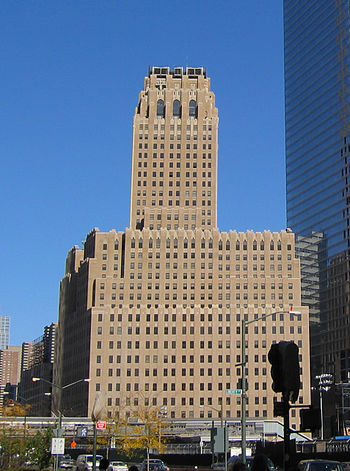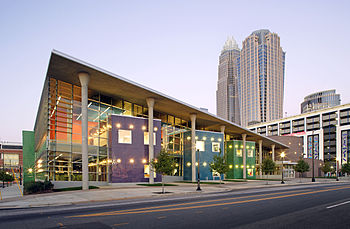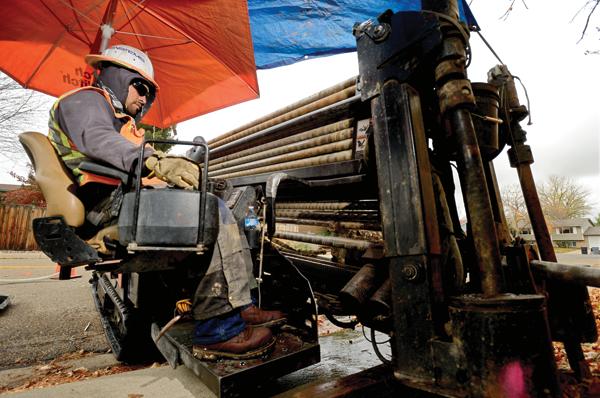by Daniel Cooper @danielwcooper June 19th 2015 At 11:00am
Way back when, Verizon pledged to build fiber optic services to every home in NYC, but for some reason, it never got around to finishing it. Unfortunately, New Yorkers are used to getting what they want, and so Mayor Bill de Blasio has slammed the company saying that it needs to sort out the problem, or else. The city has delivered Big Red a very public ultimatum: Either it brings its FiOS network to “every household” in the five boroughs, or it’ll face some heavy penalties.
The saga began back in 2008, when the city agreed that Verizon could operate a local cable TV franchise in exchange for a fiber optic network. The deal was that every person in NYC that wanted super-fast broadband would be able to get it by June 30th, 2014. Naturally, the overwhelming number of consumer complaints prompted the mayor’s office to conduct a full investigation into what the hell was happening. Continue reading









